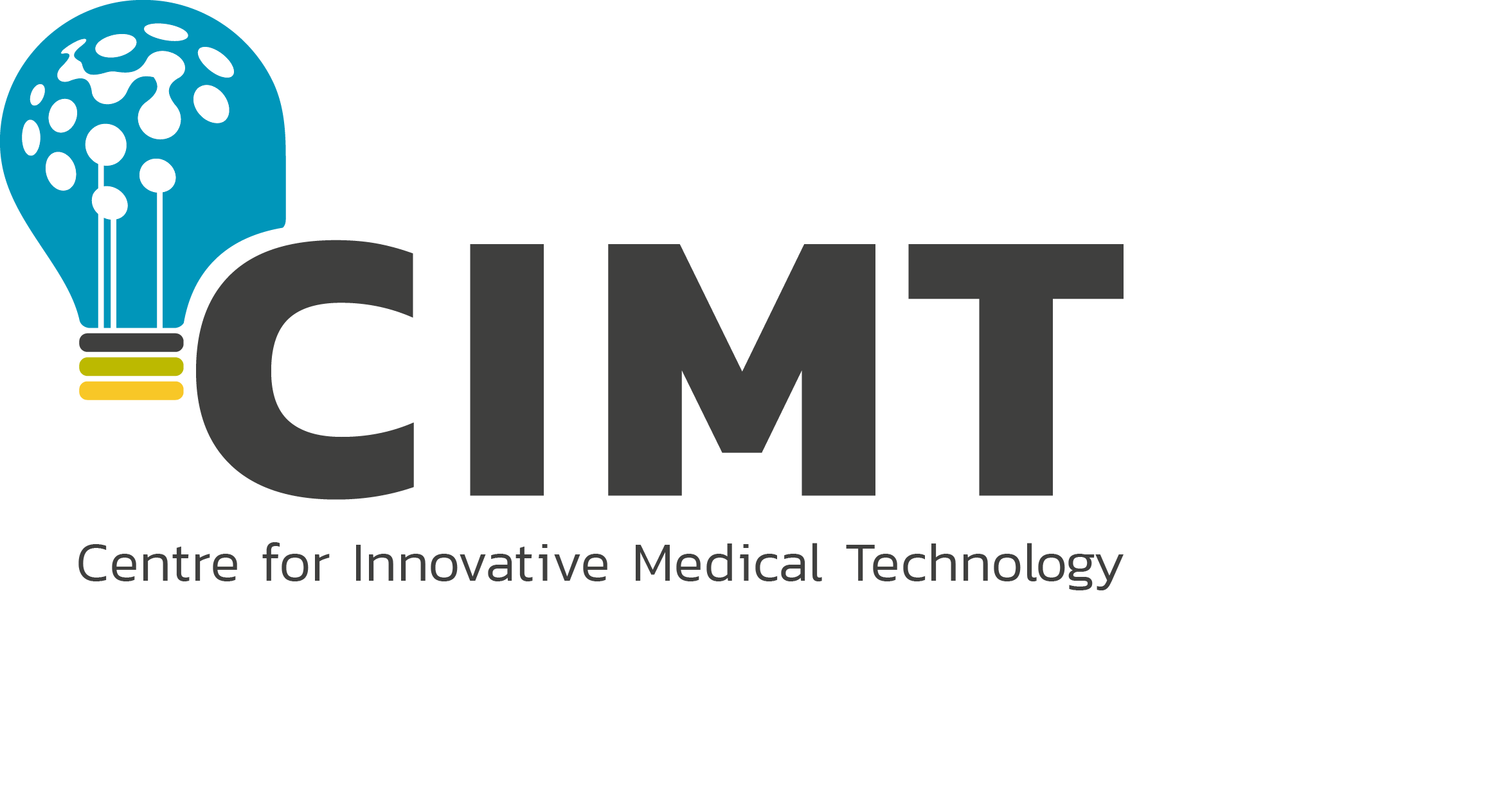Assessment of the monitoring system SAFE
There is a consistent problem with patients falling out of hospital beds. At Odense University Hospital (OUH), more than 2,700 patients each year fall when getting in or out of a hospital bed, resulting in injuries. It is particularly elderly patients with dementia or patients under heavy medication who experience injury in this way.
PROJECT PERIOD
Start: 2 August 2021
End: 29 April 2022
Typical injuries caused by falls involve fractures of the forearms and wrists, and, in the worst cases, hip fractures, broken legs and head injuries. Injuries due to falls mean longer hospital stays for patients, and in severe cases – such as with hip and bone fractures – it can lower patients’ quality of life and mean mobility issues after hospitalisation.
One method of avoiding fall accidents in the hospital is by monitoring patients, but there are a number of disadvantages to current monitoring methods. For example, today, pressure-sensitive mats are used at night to keep an eye on patients at risk of falls, but they are not adapted to patients’ different levels of mobility, and they cause too many false alarms. The false alarms puts stress on both staff and patients, and false alarms can especially disturb dementia patients who need to sleep through the night for better cognitive functions.
A new innovative non-invasive alarm system developed by Rinicare Ltd. in England is therefore tested at OUH. The system is called SAFE (System to Avoid Fall Events). It uses a heat-sensitive sensor mounted above the patient’s bed, which together with an AI algorithm can automatically monitor the patient’s position in the bed in relation to its edge. In the event of a fall, the system sends notifications and alarms to the staff via an app, so that the staff can react quickly and thus proactively prevent falls.
AIM
The purpose of the project is to evaluate the effect of SAFE in relation to patient safety, patient peace of mind and well-being, as well as staff workflows. The evaluation takes place at the Department of Geriatric Medicine in Svendborg, which has several patient groups with a high risk of falls.
The project will evaluate several issues
- How to avoid stigmatising those patients who need monitoring as ‘weak’.
- How to ensure a minimisation of false alarms.
- How to monitor patients without disturbing their sleep.
- How to give the staff the opportunity to prevent or de-escalate situations that could lead to falls.
If the project shows positive results during the assessment, it can lead to improved safety and well-being of the patients, as well as changed work procedures in connection with falls, and thus also free up time and hands for other care tasks.
PARTNERS
The project is a collaboration with the Department of Geriatric Medicine and Facilities Management at OUH Svendborg.
EXTERNAL FUNDING
The project received 316,000 DKK from the Innovation Pool at OUH.

Malte Kongstad Deleuran
Innovation Consultant
Odense University Hospital, Dept. of Clinical Development - Innovation, Research & HTA
(+45) 2165 7146 mkd@rsyd.dk

Søren Udby
Programme Manager
Odense University Hospital, Dept. of Clinical Development - Innovation, Research & HTA. Centre for Clinical Robotics (CCR)
(+45) 2931 7259 soren.udby@rsyd.dk

